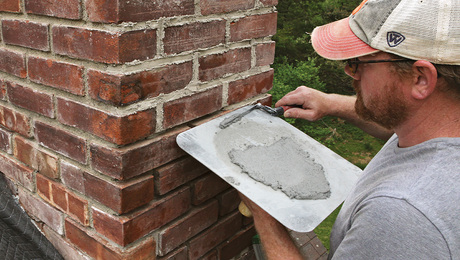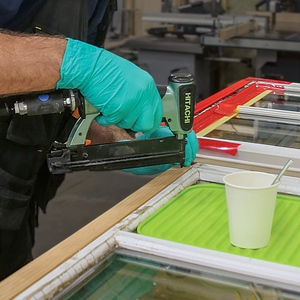I want to install radiant heat in a driveway pad for snow/ice removal and I have a couple of questions on installation. I am located in CT and although it can get well below freezing here, it generally doesn’t stay below freezing for long stretches of time.
Do I need to insulate I need to insulate under the driveway?
If I need to insulate, with what? 1 or 2 inch high density EPS?
What would I put below and above the insulation for Asphalt, Cement, or Pavers?
With insulation, would there be any problems with heaving, cracking, etc.
Thanks in advance,
Tony



















Replies
Greetings Tony,
As a first time poster Welcome to Breaktime.
This post, in response to your question, will bump the thread through the 'recent discussion' listing again which will increase it's viewing.
Perhaps it will catch someone's attention that can help you with advice.
Cheers
I'd check with the manufacturers but you dont need to put insulation in for a driveway system.
The insulation will do 2 things. It will help push the heat up so that the driveway thaws quicker and it will insulate the ground below the driveway so that the ground below the driveway doesnt freeze. (Dont know why that would help but it would work that way cause the latent heat in the ground would help and the frost would not push down as far.
I would be concerned with asphalt as it is a flexible pavement and might push down into the foam over time with traffic. Concrete is rigid and would likely hold up over 1" insul but dont know about the benefit.
With driveway heat, you must run glycol in the system so that it never freezes which, I believe requires a heat exchanger as the boiler will run on water.
Hope that helps a little
Check in with the suppliers and decide on a product and then go work over the manufacturers rep for info. They are often able to steer you towards the info you need to get it done
I found an article in Light Construction Journal after I posted the question that suggested 1" high density EPS under concrete, 1/2" under asphalt. I've talked to one supplier of tubing that didn't recommend the insulation.
My Driveway is currently asphalt and the area I want to do is only in front of the garage end of the house (North facing doors with virtually no sun out about 30 ft from the house).
I lean toward asphalt for the consistency.
I worry about heaving, settling with concrete blocks, although I have no personal experience with them in a driveway.
With concrete, I'm concerned about cracking and then the cracking damaging the tubing.
Are my concerns realistic or does proper installation make the movement of the blocks, or the cracking of the concrete unlikely?
Thanks for the information.
Tony
Snow melt systems are pretty straight forward, usually laid in a bed of sand. Crushed rock can damage the piping. I've seen them with different surfaces--- asphalt, concrete, & pavers. Concrete systems have no bedding over the tubing. Asphalt & pavers have a layer of sand above them to protect the tubing.
The heat source can be a variety of things, but as noted by another poster you have to run an antifreeze based system.
I've seen designated systems & as a part of a central system figured in as another zone.
NO open system though.
"Why do you hurt me when I do bad things to you?" My youngest son to his older brother